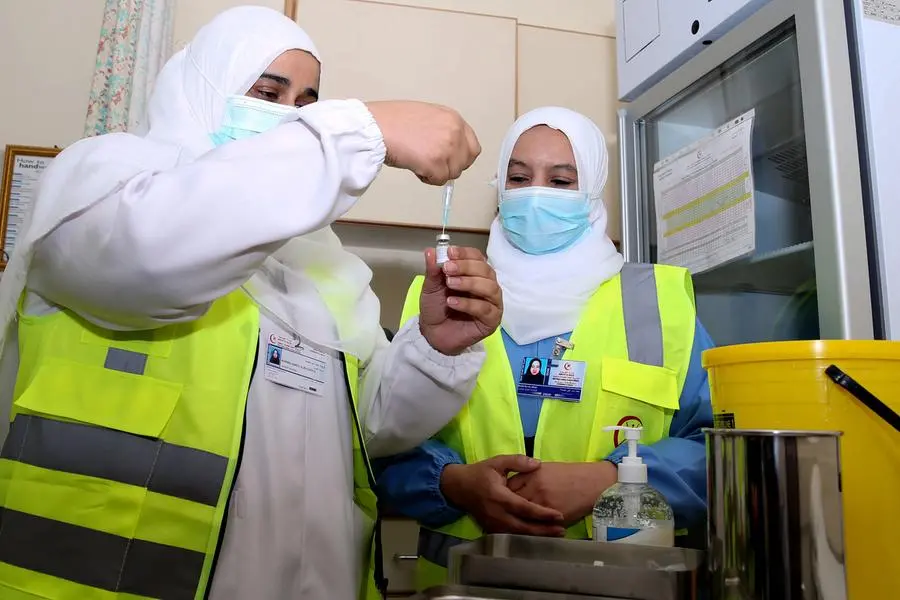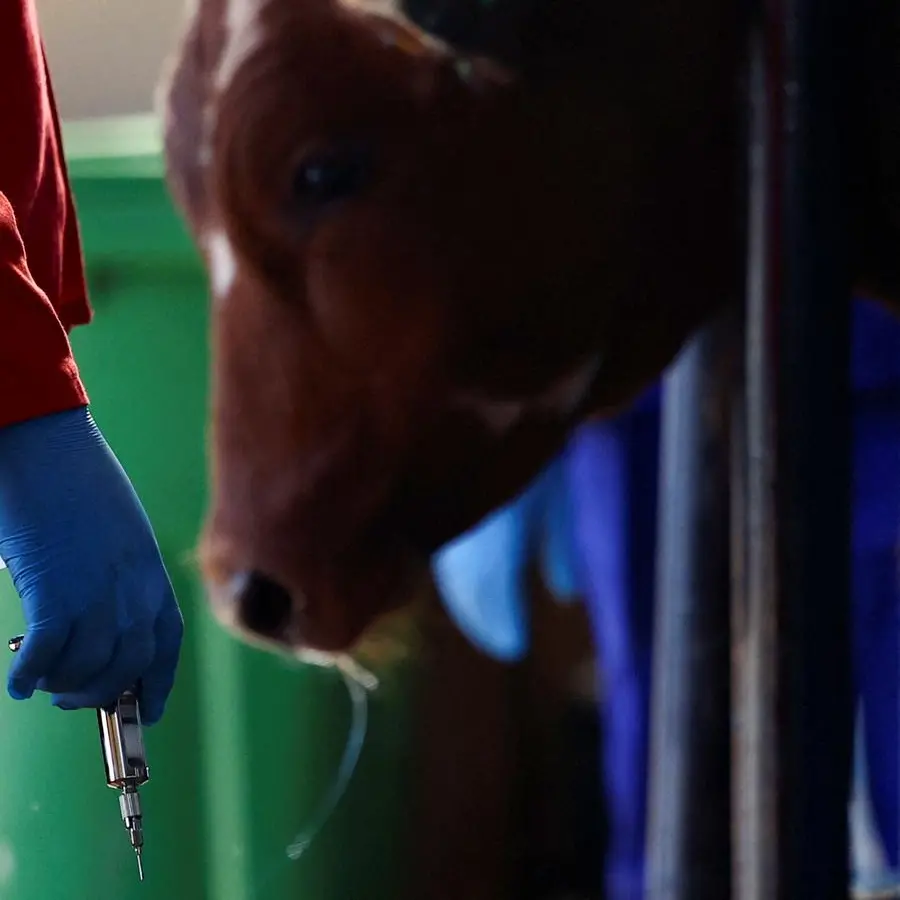PHOTO
Muscat – The Ministry of Health (MoH) has launched a comprehensive survey to assess the prevalence of non-communicable diseases (NCDs) in Muscat governorate.
The initiative, which began on Tuesday, aims to gather critical data on conditions such as hypertension, diabetes, chronic respiratory diseases, cancer, and heart disease through field visits to residential areas.
The survey commenced under the patronage of Sayyid Saud bin Hilal al Busaidi, Governor of Muscat, who emphasised the need for collaboration across sectors to ensure its success. He noted that the findings would contribute significantly to enhancing public health and improving healthcare services in the region.
Dr Samira al Maimani, Director of the Healthcare Department in Muscat, highlighted the survey as a vital step toward achieving Oman Vision 2040’s goal of an integrated and sustainable healthcare system.
“The data we gather will be pivotal in developing effective prevention strategies and improving healthcare services across various sectors,” she said. Dr Samira also urged public participation, describing the initiative as an investment in society’s health.
The survey, which targets individuals aged 15 and above, will include both citizens and residents, ensuring a representative dataset. A total of 1,200 families in Muscat will be part of the study. Data will be collected through questionnaires and health tests, conducted by over 25 trained field surveyors covering the six wilayats of Muscat.
Dr Fatima bint Ahmed al Hinai, Director of the Planning and Studies Department at the Directorate General of Health Services, outlined the survey’s objectives, which include determining the burden of NCDs in Oman, building a national health database, and informing future health policies.
Field supervisor Salim bin Saeed al Tobi said the survey will be conducted in two phases: identifying survey sites and collecting random data. The data will focus on key risk factors such as poor diet, physical inactivity, smoking, and substance use.
The survey has also started in several other governorates and is expected to provide policymakers with the tools to develop targeted health interventions and prevention programmes, improving the overall quality of life for current and future generations.
© Apex Press and Publishing Provided by SyndiGate Media Inc. (Syndigate.info).





















